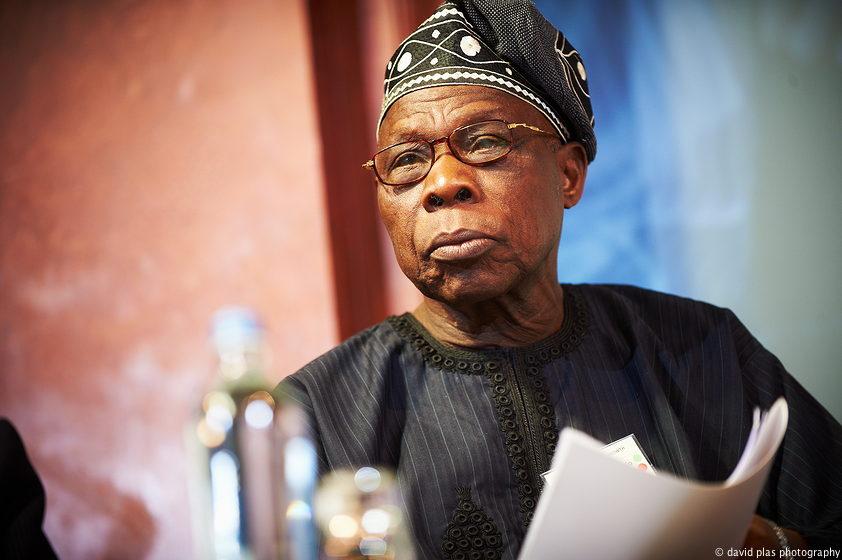
Former President Olusegun Obasanjo has raised the alarm over the uncontrolled drilling of boreholes, especially in Abeokuta, Ogun State, warning that the long-term consequences could be severe and far-reaching.
Speaking during a visit by the Ogun-Osun River Basin Development Authority on World Water Day, Obasanjo expressed concern that the neglect of public water infrastructure, particularly the Oyan Dam, has led residents to rely heavily on boreholes for their daily water needs.
“We have continued to dig holes everywhere, causing the water table to go down and down,” Obasanjo said. “This will have repercussions in the future. How long it will take, I don’t know—but geologists can tell us.”
Failure of the Oyan Dam Project
Obasanjo recalled that as Military Head of State in 1977, his administration created 11 river basin authorities—including the Oyan Dam—to boost food security and provide sustainable water management.
The dam, he noted, was designed not only to supply water to Ogun and Lagos States but also to generate 9 megawatts of electricity. However, nearly five decades later, the infrastructure has largely fallen into neglect.
“The dam was meant to power homes and provide water for Lagos and Abeokuta. Unfortunately, the turbines lie unused, and water no longer reaches homes as planned,” he said.
The Bigger Picture: Water and Food Security
Obasanjo emphasized that effective water management is critical to solving Nigeria’s ongoing food crisis. He stressed that rain-fed agriculture alone is not enough, especially in the face of unpredictable climate patterns such as droughts or flooding.
“Without efficient irrigation systems, food sufficiency will remain out of reach. That’s why water is central to national development.”
A Call for Action
Obasanjo urged the government and relevant authorities to revive the Oyan Dam project and take proactive steps to manage water resources sustainably. He also warned against further delay, noting that the borehole boom poses an environmental risk that could escalate into a crisis.
“If nothing is done, the over-dependence on boreholes will catch up with us. It’s not a question of if—but when,” he concluded.



















